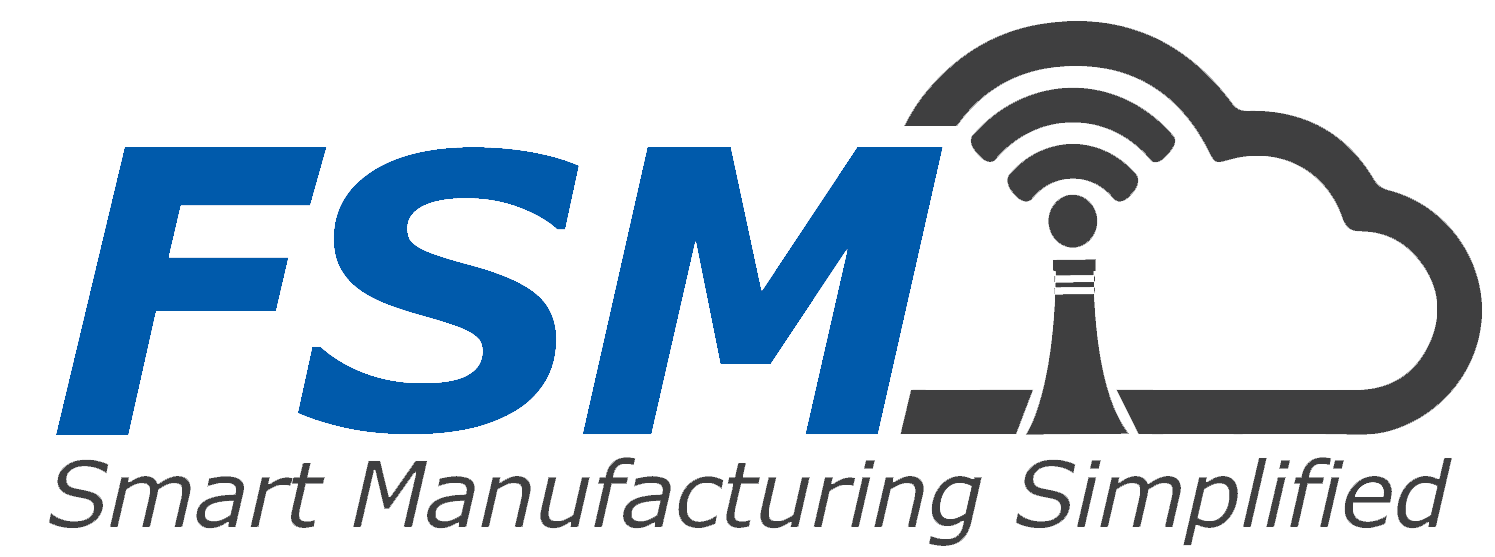Smart sensors are a prerequisite for creating the best possible basis for a future-oriented automation system. This is because the smart factory needs data that can principally only be provided by smart, intelligent and communication-enabled sensors. Communication-enabled means being able to exchange sensor data with a machine controller or a cloud-based application. Thus, for example, sensor parameters are automatically adapted to new production orders within seconds. Or a light barrier detects contamination of its optics and reports this directly to the control center.
Smart Sensors generate and receive data and information which goes beyond traditional switching signals or measured process parameters. They therefore enable substantial increases in efficiency, more flexibility, and better planning security for predictive plant maintenance. Depending on the requirement, Smart Sensors cover up to four dimensions of Smart Sensor technology.
1. Enhanced sensing
2. Efficient communication
3. Diagnostics
4. Smart tasks
Just like smart sensors, smart actuators also have intelligence built into them. Some of the smart features possessed by different types of actuators are:
Open standards: Multi-protocol communication interface allow universal operation with diverse, ethernet-based communication protocols
Web-based commissioning and diagnostics via integrated web server
Comprehensive access to actuator data (e.g. torque or power), via web connector for preventive maintenance or database interfacing and data analysis
Inbuilt smart sensors for capturing data
Flexible configuration according to requirement
Comprehensive condition monitoring for fast identification of critical conditions and comfortable analysis
Simple connection to higher-level data systems without additional hardware
Workpiece-dependent parameters setting guaranteeing quality results
Integrated control system with browser-based operating system allows for information sharing across multi vendor data systems
